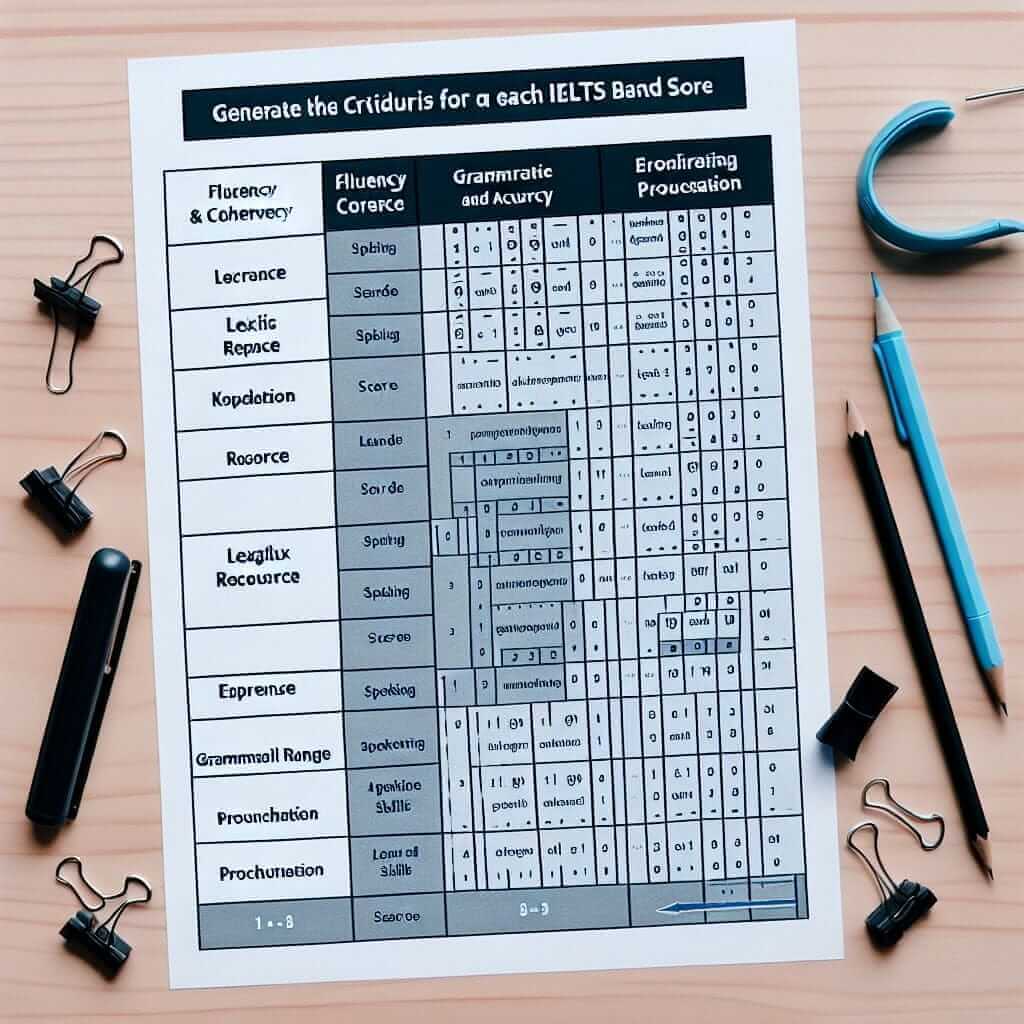For many IELTS test-takers, the Writing section can feel like a daunting hurdle. It demands not only a strong grasp of English grammar and vocabulary but also the ability to structure coherent and persuasive arguments. While receiving feedback from a qualified instructor is invaluable, knowing how to effectively check your own writing is crucial for identifying areas for improvement and building confidence.
Understanding the Importance of Self-Assessment
Regularly reviewing your own writing allows you to become more aware of your strengths and weaknesses. This self-awareness is essential for targeting specific areas where you need to focus your efforts, ultimately leading to more efficient learning and better scores.
Key Aspects to Check in Your IELTS Writing
When checking your IELTS writing, it’s helpful to approach the task systematically. Here’s a breakdown of the key areas to focus on:
1. Task Achievement (Task 1) / Task Response (Task 2)
- Task 1: Have you fully answered all parts of the question and provided an accurate overview of the information presented?
- Task 2: Have you addressed all parts of the essay prompt and developed a clear and well-supported position on the issue?
2. Coherence and Cohesion
- Paragraphing: Is your writing divided into logical paragraphs, each with a clear central idea?
- Linking Devices: Have you used a variety of cohesive devices (e.g., furthermore, however, in contrast) to connect ideas smoothly and guide the reader?
3. Lexical Resource (Vocabulary)
- Range: Have you demonstrated a wide range of vocabulary relevant to the topic?
- Accuracy: Are you using words correctly and in the right context?
- Sophistication: Have you included some less common vocabulary and idiomatic language (where appropriate)?
4. Grammatical Range and Accuracy
- Sentence Structures: Have you used a variety of sentence structures to create interest and demonstrate grammatical control?
- Tense Usage: Are your verb tenses used accurately and consistently?
- Common Errors: Have you checked for common grammatical errors such as subject-verb agreement, articles, and prepositions?

Utilizing Sample Answers and Band Descriptors
A highly effective method for checking your writing involves comparing your work to sample answers and familiarizing yourself with the IELTS band descriptors.
- Sample Answers: Analyze high-scoring sample essays to understand the qualities that examiners look for. Pay close attention to how the writer structures their arguments, uses vocabulary, and maintains grammatical accuracy.
- Band Descriptors: The official IELTS band descriptors provide detailed criteria for each scoring band (from 1 to 9). Review these descriptors to gain a clearer understanding of the specific areas you need to improve to achieve your target score.
Tips for Effective Self-Checking
- Take a Break: After finishing your writing, step away from it for a while. This will allow you to approach your work with fresh eyes and spot errors more easily.
- Read Aloud: Reading your writing aloud can help you identify awkward phrasing, grammatical mistakes, and areas where the flow of ideas feels unnatural.
- Focus on One Area at a Time: Instead of trying to check everything at once, focus on one aspect (e.g., vocabulary, grammar) at a time. This more targeted approach will help you identify and correct errors more effectively.
Conclusion
Developing the ability to effectively check your own IELTS writing is a valuable skill that will serve you well throughout your preparation journey. By following the steps outlined above and practicing regularly, you can significantly enhance your self-assessment skills, identify areas for improvement, and ultimately boost your confidence on test day. Remember, consistent effort and targeted practice are key to achieving success in the IELTS Writing section.